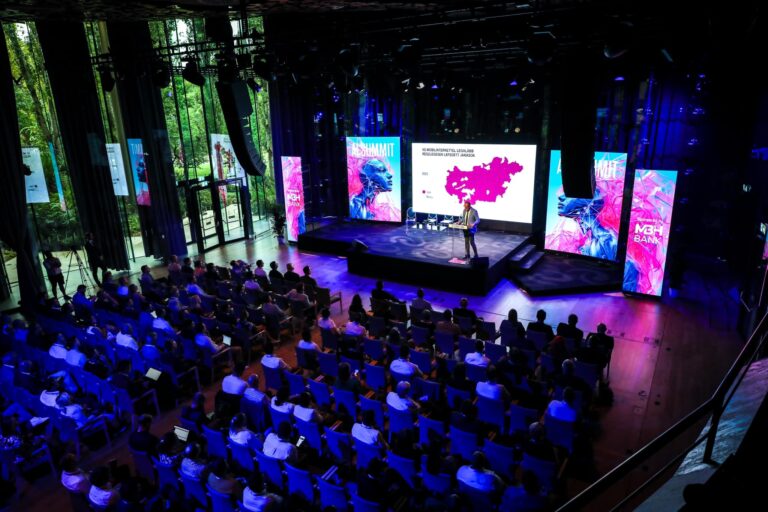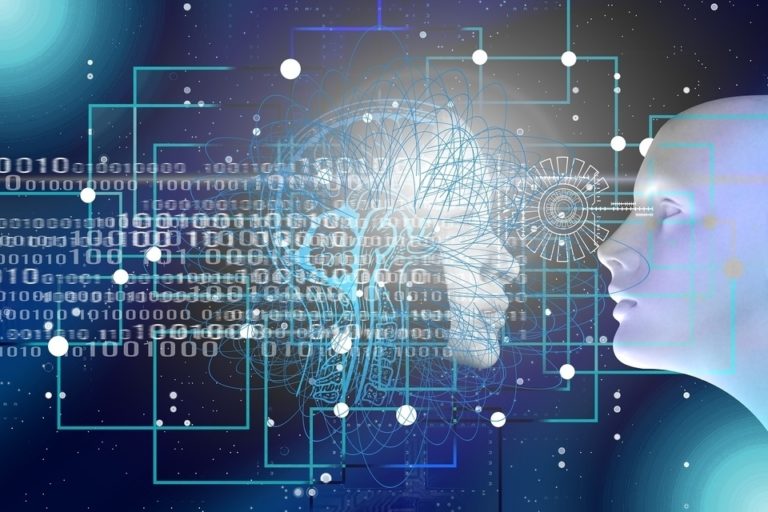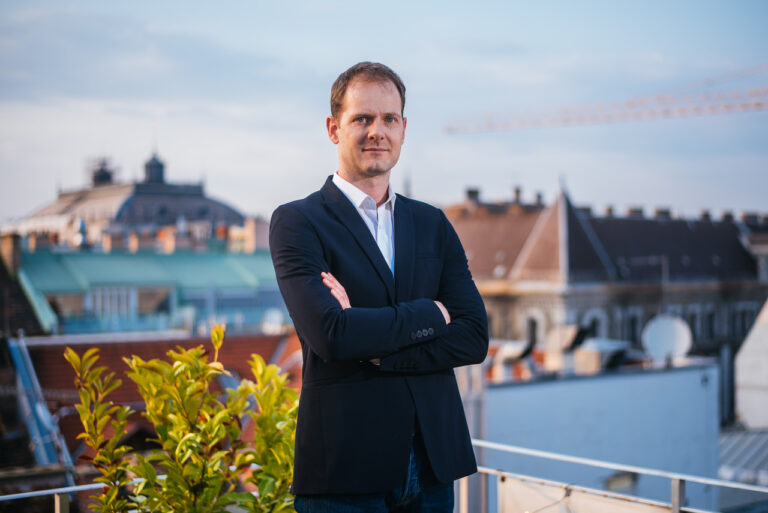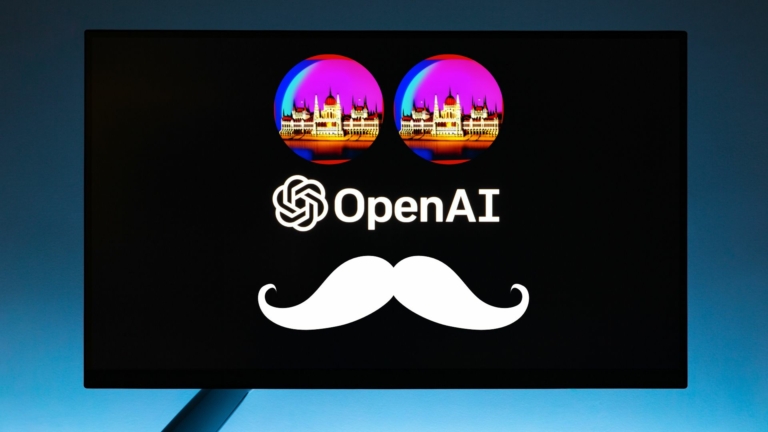Artificial intelligence
AI focus of Tech Week in Budapest

Advancements in Autonomous Robots: Applications and Implications

National Economy Minister points to need for promoting use of AI among businesses

Getting solutions while losing understanding – these are the biggest dangers of AI in education

Hungary chairs European AI Board

Global AI Summit calls for global action to guarantee AI innovation is for the “good of humanity”

AI Summit Budapest 2024: innovations in artificial intelligence draw record crowds

BetPokies.org against creation of AI content in the Australian gambling market

GAIN 2024: Global AI Summit announces headline speakers

AI Summit in Budapest coming soon: the largest AI event in CEE

Global AI Summit 2024 to Explore Latest Global Developments in AI

12 Times We Screamed, “Look, There’s an AI for That!”

Building Better Connections: The Social Impact of AI on Human Interaction

Will AI business blur remain constant at SMEs?

The Rise of AI in Hungarian businesses: tools you can’t afford to miss

New Hungarian AI software may transform the global hospitality industry

Number of young Hungarians using ChatGPT surprisingly high – UPDATE

Hungarian culture minister calls on EU to support AI solutions in preserving cultural heritage




